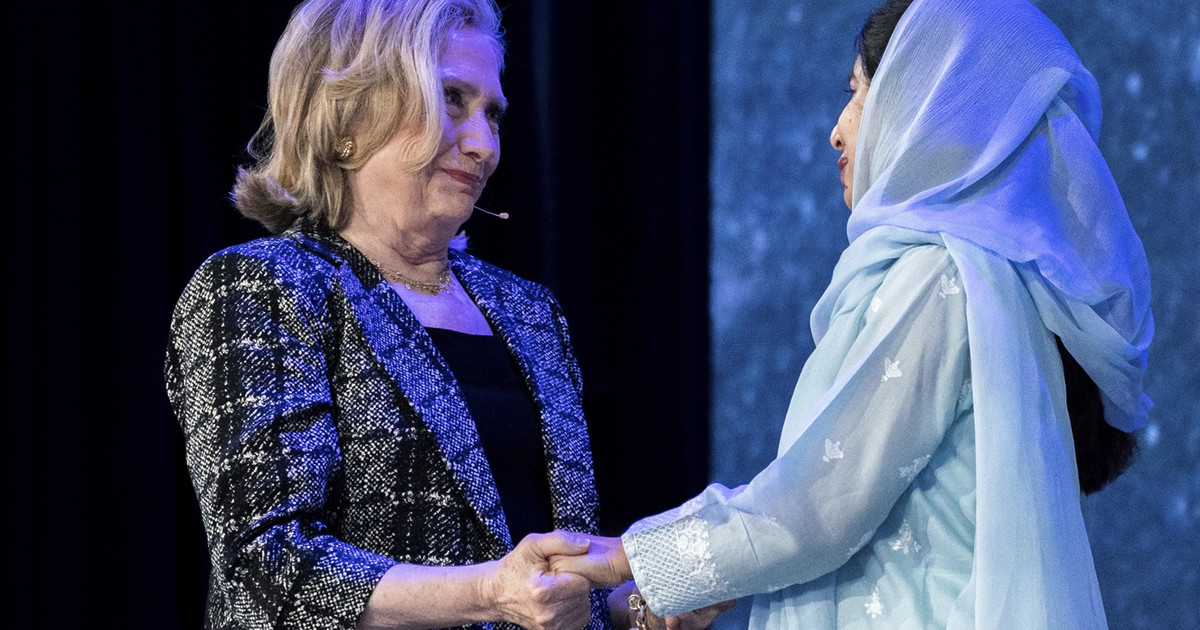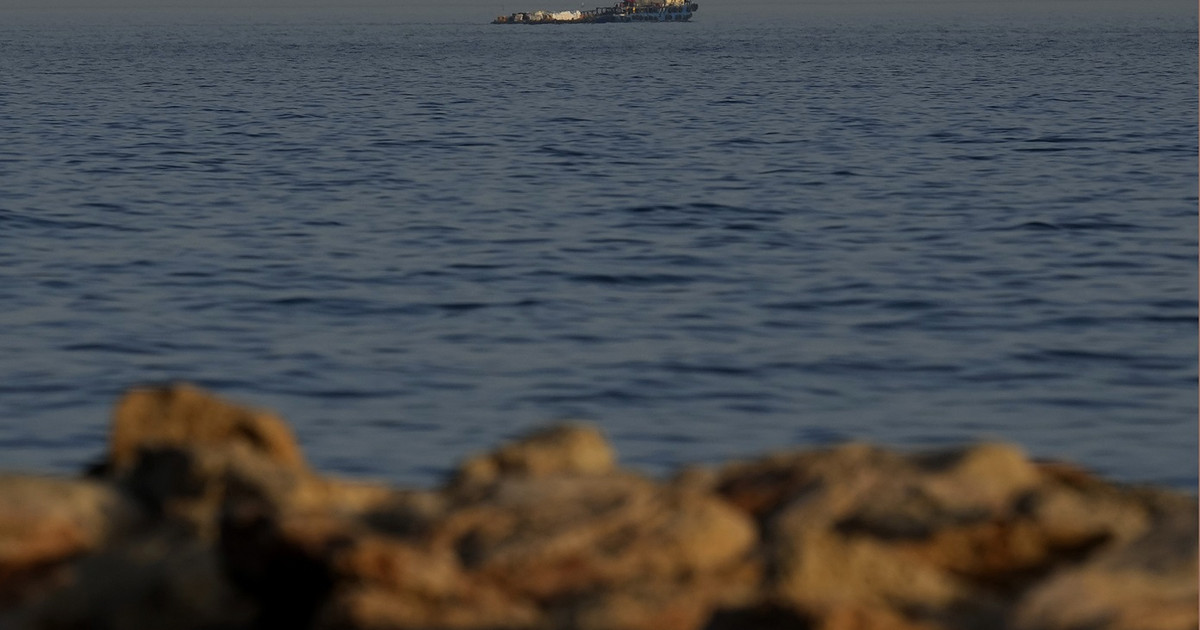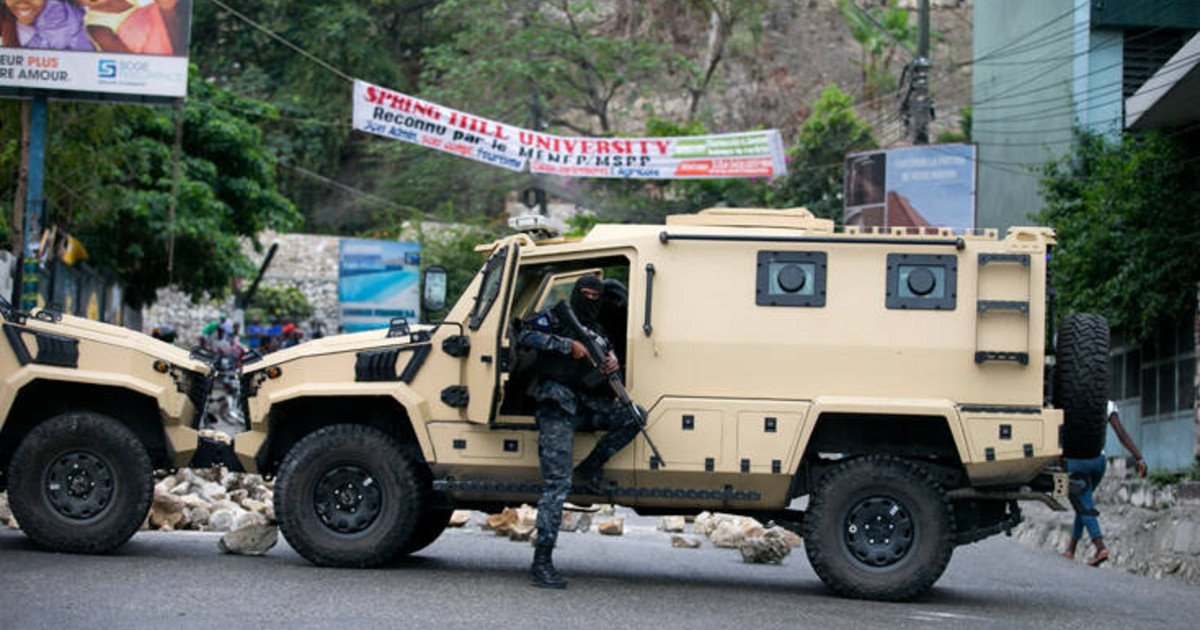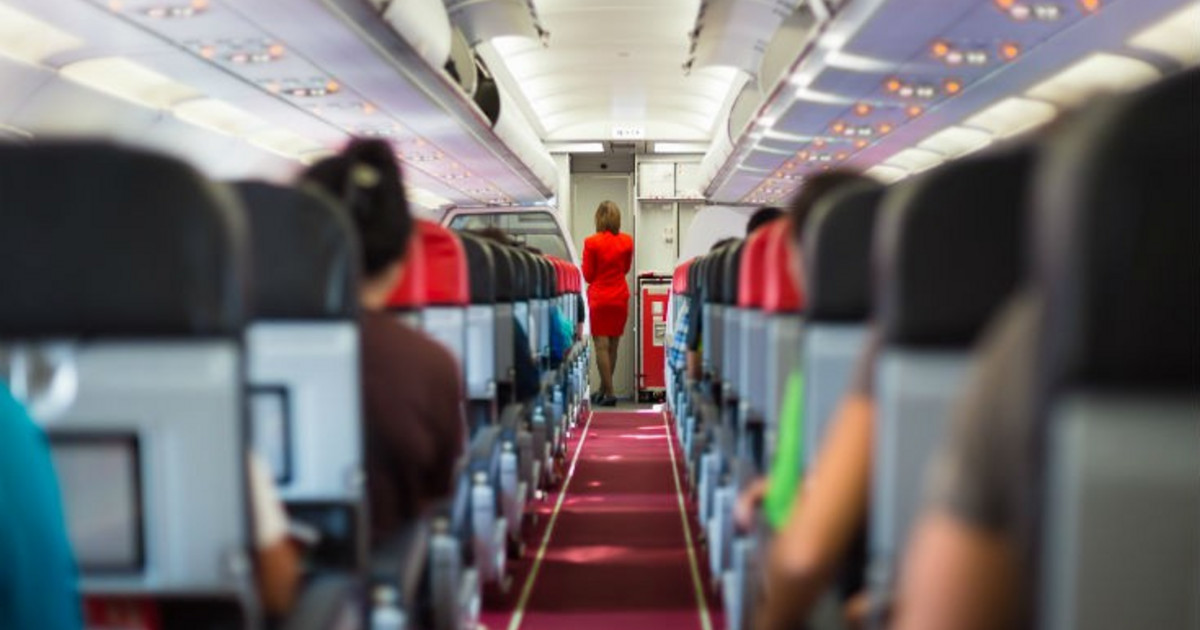Starting this Thursday (04), the Brazilian Institute of Geography and Statistics (IBGE) will expand the performance of tests for the 2022 Census. Until December, 250 census takers will visit cities in the 27 states of the federation.
The population of the neighborhood of Paquetá, in the capital of Rio de Janeiro, was the first to participate, in September this year. Starting in June of next year, the census will visit all Brazilian households.
The next municipalities in Rio de Janeiro that will take part in the test will be Paulo de Frontin, in Sul Fluminense, and Nova Iguaçu, in Baixada Fluminense, where enumerators will visit the first favela that will be part of the survey.
There will also be collections both in neighborhoods in capital cities such as Belo Horizonte (MG), Macapá (AP) and Salvador (BA), as well as in more remote locations such as Novo Remanso, 200 km from Manaus (AM) and Tigrinhos (SC). The municipalities of São Caetano do Sul (SP) and Jardim Olinda (PR) will also be visited in this first moment.
The tests include all stages of the research: collection equipment and systems, training of agents and surveys of the surroundings of homes. Interview models will be mixed: face-to-face, online and by phone. IBGE guarantees that all information disclosed will be confidential.
In all approaches, the teams will be dressed in blue caps, vests and bags with the institute’s logo. In the vest, there will also be an identification badge, with the photos, registration numbers and identity of the interviewer. They will use a blue Mobile Collection Device (DMC), similar to a smartphone. People can check the identity of the census takers on the IBGE website.
On November 25, the tests will be expanded to indigenous and quilombola communities. In Rio de Janeiro, the visits will be in the municipalities of Angra dos Reis and Paraty, on the green coast of Rio de Janeiro, where all safety sanitary protocols, approach rules and specific questionnaires for these populations will be tested. The institute is still surveying the other communities that will be visited by the teams.
First test of Census 20222
On October 16 this year, IBGE completed the tests in the homes of the population of Paquetá. According to the data collected, the neighborhood had an increase of 8.5% of elderly people, compared to 2010, when the last Demographic Census was carried out. Today, of the 3,612 inhabitants of the island, 31.6% are over 60 years old. Already 11 years ago, of the 3,361 residents, 23.1% belonged to the group. The index of residents in this age group in Brazil is only 17.7%, according to data released by the institute in 2010.
According to the survey, the neighborhood also had an increase in potential voters, that is, people aged 16 or over. Today, 85.4% of residents are able to go to the polls, compared to 81% in 2010. In relation to the population profile, women continue to be the majority on the island. Of all inhabitants, 53.6% are female, against 51.53% 11 years ago.
The census takers visited 2,774 buildings in the Rio neighborhood. However, only 55.9% of them are addresses used for housing purposes. Of the other units, 24% are homes for occasional use, used for weekends, vacations and work. Another 6% are establishments such as restaurants, schools and churches and 13.6% are vacant. On average, there are 2.3 people living in each household. The average income of those responsible for the residence is R$ 3,613.47 per month. However, half of these people have a salary equal to or less than R$ 2,300.00.
The Island of Paquetá was chosen to start the tests because more than 85% of the population already had a complete vaccination schedule against the new coronavirus, after the mass vaccination campaign in the neighborhood. It is also close to the IBGE headquarters, which reduces operating costs. According to the institute, among the objectives of the test are equipment calibration, setting about the operation and mobilizing teams and public opinion.
Census Funds
The Census, which should have taken place in 2020, was postponed due to the pandemic. In 2021, it was not carried out due to lack of funds, according to the federal government. For 2022, it came to be threatened. The IBGE informed that it needed R$ 2.3 billion to carry out the survey, but the Union had only foreseen R$ 2 billion. The Federal Supreme Court (STF) determined that the government would have to provide the resources to carry out the study.
This Tuesday (2), the Institute informed CNN that the Special Secretariat of the Treasury and Budget authorized an amendment to the Annual Budget Law Project (PLOA) 2022 with an amount of R$ 2,292,907,087 for the Census to be carried out.
*with information from Mylena Guedes
Reference: CNN Brasil
I am Sophia william, author of World Stock Market. I have a degree in journalism from the University of Missouri and I have worked as a reporter for several news websites. I have a passion for writing and informing people about the latest news and events happening in the world. I strive to be accurate and unbiased in my reporting, and I hope to provide readers with valuable information that they can use to make informed decisions.






